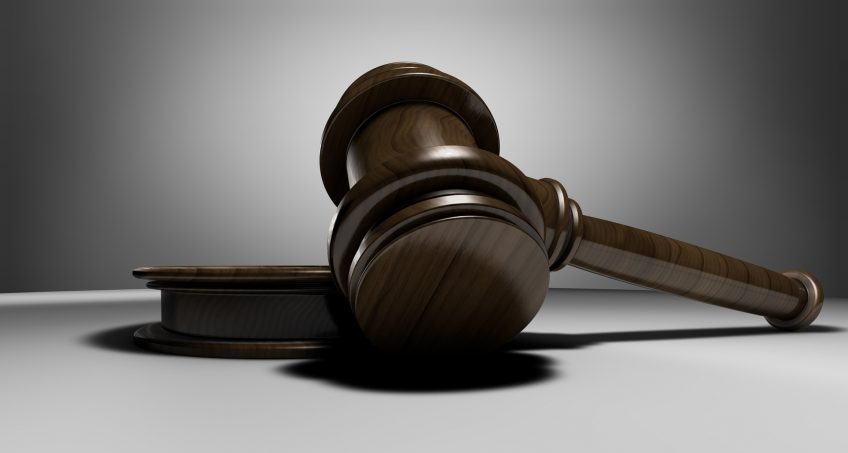Inconsistent Testimony Does Not Necessarily Amount to Fraud
Car AccidentsIn the case of Jean Carlos Salazar v. Miguel Rogelio Gomez, Case Number 3D19-1448 (Fla. 3rd DCA February 17, 2021), Florida’s Third DCA reinstated a verdict for the plaintiff after it had been set aside after a trial based on an inconsistent statement made by the plaintiff.
Facts of the Case
This case involved a 2015 car accident where a body builder/personal trainer in his 20’s sustained a neck injury and required surgery. During the course of the case, it was discovered that the plaintiff had received treatment from an orthopedic surgeon despite having denied having received such treatment at his deposition in the case. The defense attorney for the insurance company discovered this information by way of receiving medical records approximately one week before trial that appeared to contract the plaintiff’s testimony.
The Third DCA noted that defense counsel did not seek a continuance, conduct any more discovery, or file any pre-trial motions regarding late discovery or inconsistencies in the testimony.
At the trial itself, defense counsel confronted the plaintiff about the medical records from the orthopedic surgeon and inconsistencies in his testimony. In response, the plaintiff explained that he may have misspoken with regard to prior medical treatment and he maintained that his prior treatment was related to his fitness activities rather than an accident.
Ultimately, the jury returned a verdict in favor of the plaintiff and the defense sought dismissal of the case due to the inconsistencies in the plaintiff’s testimony as a “fraud upon the court.” The trial judge granted the defense’s request and this appeal ensued.
The Appeal
The Third DCA, however, reversed and reinstated the plaintiff’s verdict. The Third DCA cited authority requiring that to overturn a jury verdict, there must be clear and convincing evidence that a party engaged in an unconscionable scheme designed to prevent the court from impartially adjudicating the case (lies, misrepresentations, or otherwise hiding the truth).
In particular, the Third DCA stated that “[t]he jury, by its verdict, implicitly rejected the theory that the [plaintiff’s] inconsistencies were lies.” In other words, this case did not involve false evidence or testimony that was intended to be misleading. Instead, the inconsistencies were regarded as merely being misspoken or a failure of memory.
The takeaway from this case is that memory of the plaintiff does not have to be perfect with regard to medical history. Particularly as time goes by and as people age, it becomes harder and harder to remember things in the past that are not significant.
On the other hand, there are events in a person’s life to which most people would never forget. Those are the instances to where there may be a question as to whether as to veracity to tell the truth rather than any little inconsistency that may be had.
Talk To A Car Accident Attorney About Your Case
At Russo Law, we help people who have been injured in car accidents get compensation for their injuries. Call us for a free consultation with a Lakeland car accident lawyer today.


